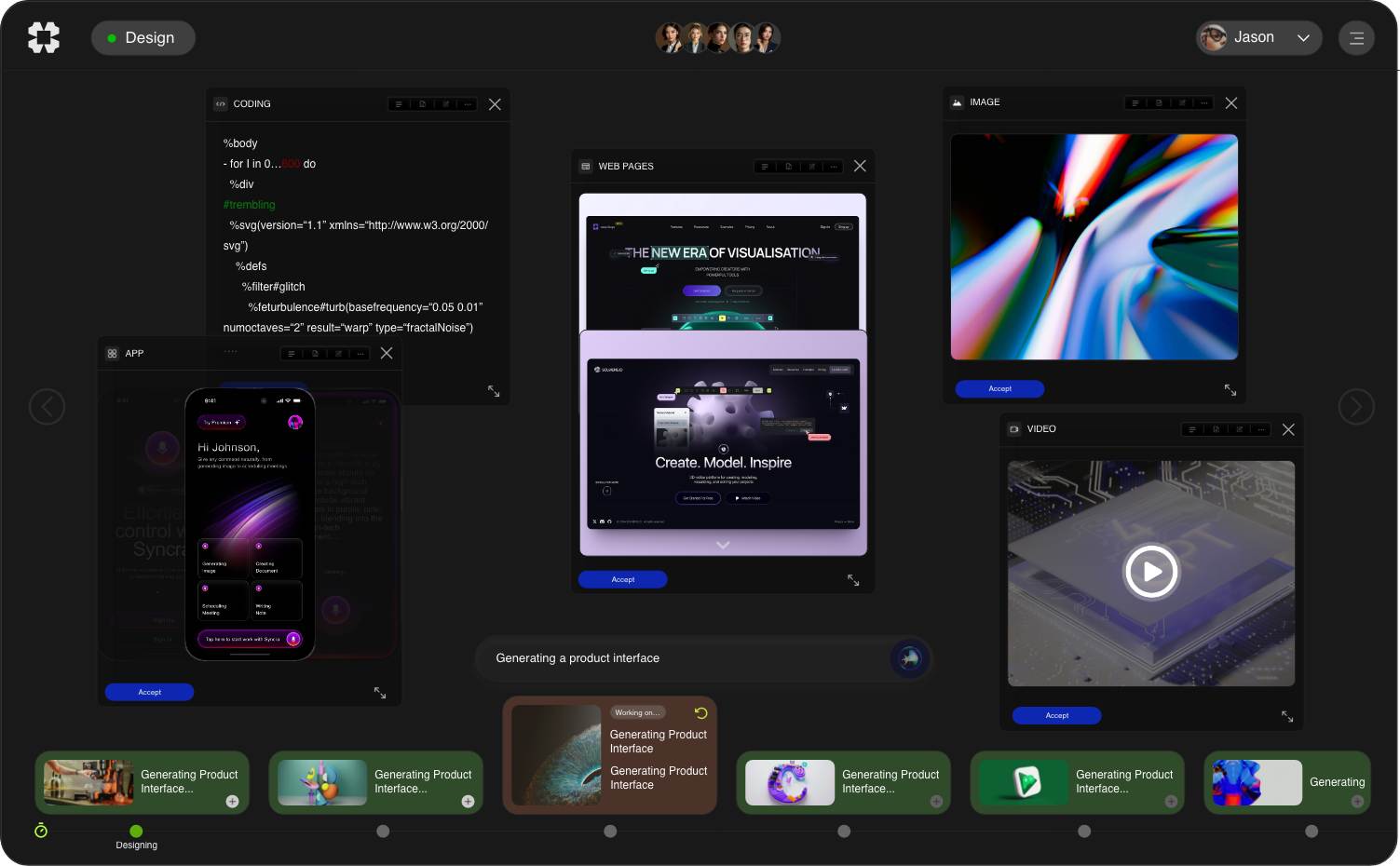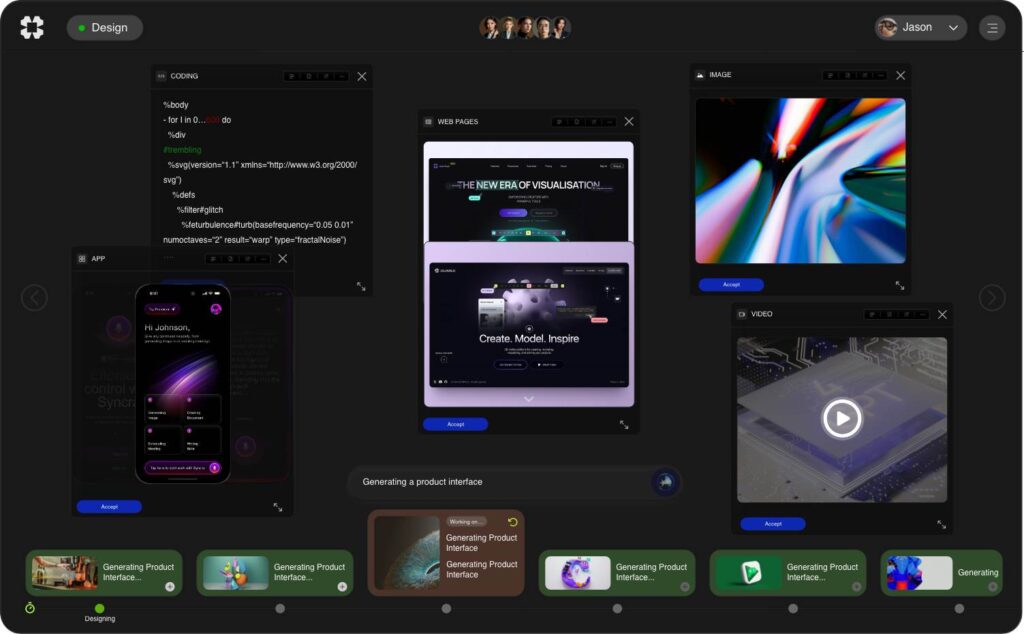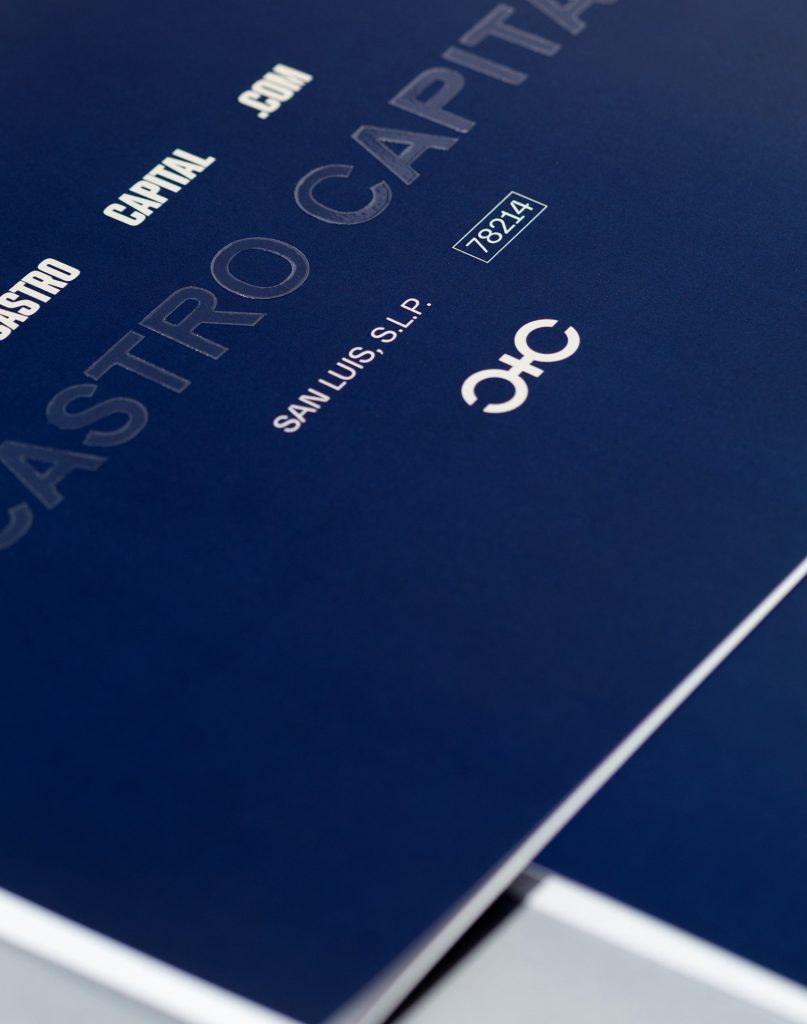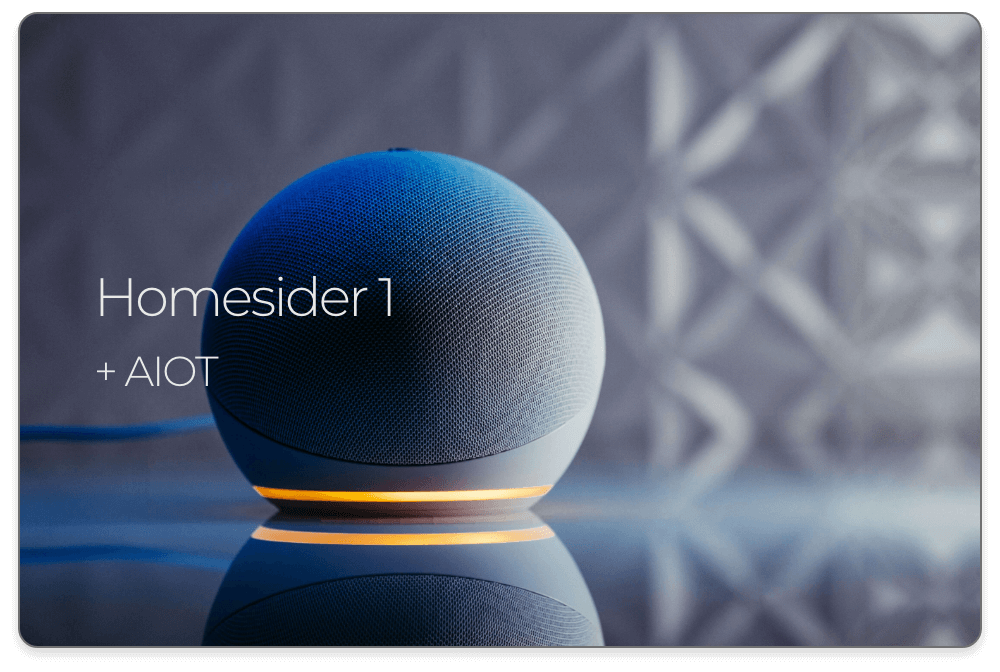In recent years, the rapid evolution of artificial intelligence (AI) has brought transformative changes across various sectors, including human resources (HR). AI agents and autonomous systems are paving the way for innovative solutions that enhance the efficiency and effectiveness of HR tech. This article explores the current trends, industry applications, and technical insights surrounding AI in HR tech, focusing on how these advancements are revolutionizing the workplace.
.
**Understanding AI Agents and Autonomous Systems**
AI agents are software entities that utilize algorithms and machine learning techniques to perform tasks typically requiring human intelligence. Autonomous systems, on the other hand, refer to machines capable of operating independently without human intervention. Together, these technologies create a powerful synergy that can tackle various challenges in HR.
.
Employers are increasingly adopting AI agents to manage tasks like resume screening, onboarding, and employee performance tracking. By automating repetitive processes, HR departments can focus on strategic initiatives instead of mundane administrative work, thus enhancing overall productivity.
.
**Trends in AI-Powered HR Tech**
The integration of AI agents and autonomous systems within HR tech is influenced by several emerging trends:
1. **Enhanced Candidate Screening**: Traditional recruitment processes often involve manual screening of resumes, which can be time-consuming and biased. AI-powered recruitment software utilizes natural language processing (NLP) algorithms to analyze and rank candidates based on qualifications, skills, and experiences. Tools like HireVue and Pymetrics are leading this charge, utilizing AI to streamline the hiring process and improve candidate selection.
2. **Personalized Employee Experience**: Organizations are realizing the significance of providing personalized experiences to their employees. AI agents can analyze employee data, feedback, and behavior patterns to tailor training, development programs, and engagement strategies. For instance, platforms like Lattice and Glint employ AI-driven insights to create customized career development pathways.
3. **Predictive Analytics for Employee Retention**: Retaining top talent is a priority for HR teams. AI systems can analyze employee performance data and predict turnover risks, enabling proactive strategies to retain valuable personnel. Companies like Workday and SAP SuccessFactors leverage predictive analytics to identify engagement levels and design interventions accordingly.
4. **Virtual Assistants for Improved Communication**: Autonomous systems are now being employed as virtual assistants that simplify communication between employees and HR departments. Chatbots, powered by AI, can answer HR queries, assist in scheduling interviews, and provide information on company policies. This allows HR professionals to allocate more time to strategic tasks.
.
**Industry Applications of AI in HR Tech**
The applications of AI agents and autonomous systems in HR tech span various functions:
– **Recruitment and Onboarding**: AI is transforming the recruitment landscape by optimizing the hiring funnel. Automated scheduling, candidate assessments, and interview feedback collection streamline the onboarding process. For instance, platforms like Breezy HR utilize AI to manage candidate pools effectively, improving the overall recruitment workflow.
– **Performance Management**: AI-driven performance management tools are revolutionizing how organizations evaluate and enhance employee performance. Continuous feedback systems and performance analytics powered by AI provide immediate insights into employee contributions. Tools like 15Five and Betterworks employ AI to set, track, and analyze performance goals in real time.
– **Learning and Development**: With the fast-paced changes in skill requirements, tailored learning and development programs are essential. AI agents can recommend relevant training resources for employees based on their career aspirations and current skillsets, optimizing learning paths. Learning management systems (LMS) like Degreed utilize AI to offer personalized recommendations to employees.
– **Compliance and Risk Management**: In today’s regulatory landscape, HR departments must remain compliant with various labor laws and regulations. AI agents can monitor compliance-related tasks and flag potential risks, ensuring organizations adhere to legal and ethical standards. Automated systems are capable of streamlining documentation, audits, and reporting, significantly reducing the risks associated with human error.
.
**Technical Insights: Building Effective AI-Powered HR Systems**
Developing an effective AI-powered HR tech solution requires careful consideration of several technical components:
1. **Data Quality and Management**: The success of AI agents relies heavily on the quality of the data they are fed. HR departments must ensure that data is accurate, relevant, and comprehensive. This includes maintaining clean databases for employee records, recruitment insights, and performance evaluations.
2. **Algorithm Transparency**: It is crucial to ensure that the algorithms used in AI systems are transparent and explainable. Employers must scrutinize the algorithms to avoid biases in hiring or performance appraisals. This can be achieved through regular audits and sensitivity analyses to ensure fairness and legality.
3. **Integration with Existing Systems**: Implementing AI-driven solutions requires seamless integration with existing HR systems. Businesses need to assess their current tech stacks, ensuring that new AI solutions can interface with legacy systems, applicant tracking systems (ATS), and customer relationship management (CRM) tools.
4. **Security and Privacy Considerations**: With the increasing reliance on AI in HR, ensuring data security and privacy is vital. Implementing robust cybersecurity measures and adhering to data protection regulations (like GDPR) is necessary to safeguard sensitive employee information.
.
**Industry Use Case: IBM’s Watson in HR Tech**
IBM’s Watson stands as a prominent example of AI-driven technology in HR. Watson leverages natural language processing and machine learning to deliver insights that facilitate smarter hiring decisions. By analyzing large volumes of resumes and job descriptions, Watson can identify the best candidates for specific roles, minimizing discrimination and biases.
Moreover, Watson can engage in real-time conversations with candidates, providing them with instant feedback and responses to their queries. This efficient communication approach helps build a positive candidate experience, enhancing the employer’s brand image.
.
**Conclusion: The Future is Here**
The integration of AI agents and autonomous systems in HR tech signifies a paradigm shift in how organizations manage their workforce. With enhanced candidate screening, personalized employee experiences, predictive analytics, and virtual assistance, the potential for these technologies is boundless. As businesses continue to navigate the complexities of the digital landscape, leveraging AI will be indispensable in creating an agile and adaptive HR function.
Human resources departments that adopt these advancements can expect significant improvements in operational efficiency, employee engagement, and overall performance. As AI technology continues to evolve, so will its impact on HR, fundamentally reshaping the future of work. The era of AI in HR tech is just beginning, and it promises to bring forth innovation, efficiency, and strategic advantage for those willing to embrace it.
.
**Sources**
1. 2023. “Artificial Intelligence in HR: Key Trends and Future Directions.” SHRM. https://www.shrm.org
2. 2023. “AI-Powered Recruitment: How HR Tech is Evolving.” Forbes. https://www.forbes.com
3. 2023. “The Impact of AI on Employee Engagement and Retention.” McKinsey & Company. https://www.mckinsey.com
4. 2023. “Watson: The Future of AI in HR.” IBM. https://www.ibm.com/watson

























